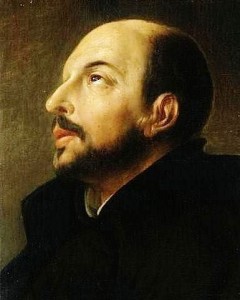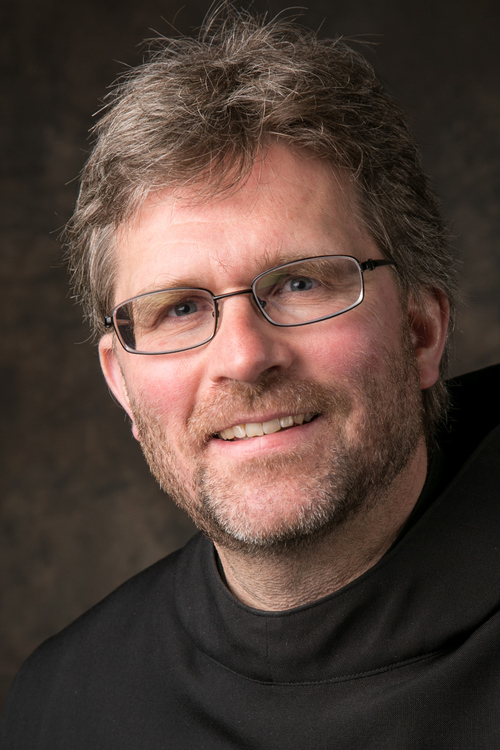Podcast: Play in new window | Download (Duration: 28:14 — 19.5MB) | Embed
Subscribe: Apple Podcasts | Spotify | Amazon Music | Android | Pandora | iHeartRadio | JioSaavn | Podchaser | Gaana | Podcast Index | Email | TuneIn | Deezer | Anghami | RSS | More
How Do You Respond to the Father? – Building a Kingdom Love with Msgr. John Esseff

Msgr. John Esseff discusses God’s personal call for each individual and how every person is created with a divine purpose. He reflects on biblical examples, such as Isaiah and Peter, to illustrate how encountering God leads to transformation and mission. A vocation is not limited to religious life but is ultimately a call to holiness, whether in marriage, priesthood, or other states of life.
Using a personal testimony from host Kris McGregor, he explores the challenges and graces of marriage, describing it as a sacramental path to holiness that involves suffering, self-gift, and deep trust in God’s providence. McGregor shares her journey of marriage, parenting, and faith; showing us how God works through difficulties to sanctify spouses, forming them in selfless love. Msgr. Esseff encourages those of us struggling in marriage or discerning their vocation to surrender fully to God’s plan, trusting that even in hardship, He brings resurrection and renewal.
Discerning Hearts Reflection Questions
- God’s Unique Plan for You: Reflect on how God has designed you with a specific purpose and how you can be more attentive to His calling in your daily life.
- Responding to God’s Call: Consider how Peter and Isaiah reacted to God’s presence and how their examples challenge you to trust and follow God despite personal unworthiness.
- Marriage as a Path to Holiness: Think about how marriage, as a vocation, calls spouses to self-giving love and how your own relationships reflect the sacrificial nature of Christ’s love.
- Embracing Suffering in Faith: Meditate on how trials and suffering, like those shared in Kris McGregor’s testimony, can be transformative opportunities for spiritual growth and deeper trust in God.
- The Power of a Sacramental Vow: Examine the meaning of the vows in marriage or religious life and how you can live them with greater fidelity, recognizing them as a lifelong commitment before God.
- Trusting in God’s Providence: Reflect on moments in your life where plans have fallen apart and how you have either resisted or embraced God’s greater design through faith and surrender.
- The Call to Self-Giving Love: Consider how Christ’s love is made manifest in your life and whether you are truly giving of yourself in the way God calls you to love others.
- Resurrection Through Suffering: Ponder how moments of suffering and loss have led to unexpected blessings or deeper faith, revealing God’s presence even in hardship.
- Discerning Your Next Step: Ask yourself what God is calling you to at this moment and how you can respond with greater courage, generosity, and openness to His will.
- Witnessing to Christ in Daily Life: Think about how your life—whether in marriage, singlehood, or religious vocation—can serve as a testimony to the love, suffering, and resurrection of Christ.
Reading 2 Col 3:12-21
Brothers and sisters:
Put on, as God’s chosen ones, holy and beloved,
heartfelt compassion, kindness, humility, gentleness, and patience,
bearing with one another and forgiving one another,
if one has a grievance against another;
as the Lord has forgiven you, so must you also do.
And over all these put on love,
that is, the bond of perfection.
And let the peace of Christ control your hearts,
the peace into which you were also called in one body.
And be thankful.
Let the word of Christ dwell in you richly,
as in all wisdom you teach and admonish one another,
singing psalms, hymns, and spiritual songs
with gratitude in your hearts to God.
And whatever you do, in word or in deed,
do everything in the name of the Lord Jesus,
giving thanks to God the Father through him.Wives, be subordinate to your husbands,
as is proper in the Lord.
Husbands, love your wives,
and avoid any bitterness toward them.
Children, obey your parents in everything,
for this is pleasing to the Lord.
Fathers, do not provoke your children,
so they may not become discouraged.
Msgr. John A. Esseff is a Roman Catholic priest in the Diocese of Scranton. He was ordained on May 30, 1953, by the late Bishop William J. Hafey, D.D. at St. Peter’s Cathedral in Scranton, PA. Msgr. Esseff served a retreat director and confessor to St. Teresa of Calcutta. He continues to offer direction and retreats for the sisters of the Missionaries of Charity around the world. Msgr. Esseff encountered St. Padre Pio, who would become a spiritual father to him. He has lived in areas around the world, serving in the Pontifical Missions, a Catholic organization established by St. Pope John Paul II to bring the Good News to the world especially to the poor. Msgr. Esseff assisted the founders of the Institute for Priestly Formation and continues to serve as a spiritual director for the Institute. He continues to serve as a retreat leader and director to bishops, priests and sisters and seminarians and other religious leaders around the world.






 God’s Presence in Silence – Meditation and Contemplation with Fr. Timothy Gallagher
God’s Presence in Silence – Meditation and Contemplation with Fr. Timothy Gallagher



